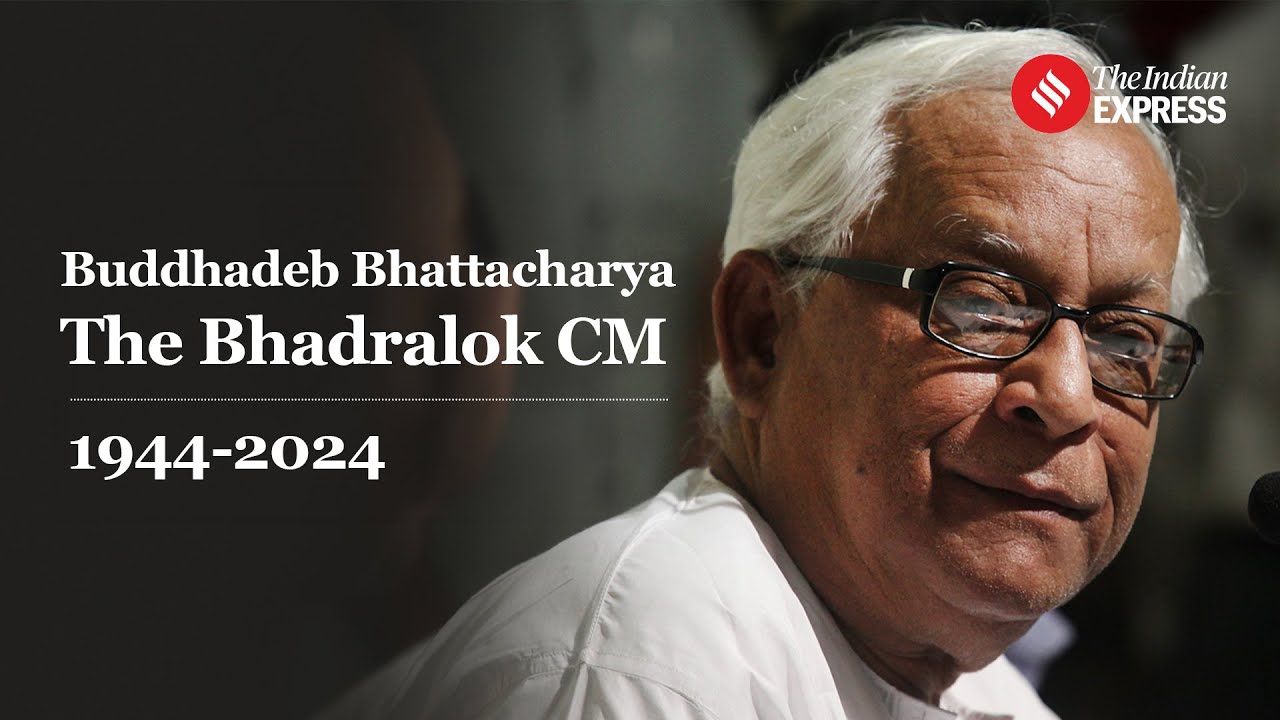

Buddhadeb Bhattacharya, the last Left chief minister of West Bengal, was a leader who believed in the coexistence of communism with a liberalized economy. His vision for West Bengal included modernizing government schools, attracting IT investments, and initiating industrial projects such as the SEZ in Nandigram and the Nano plant in Singur. However, his reformist agenda was thwarted by internal party resistance and the rise of political opposition, leading to the Left Front's eventual decline in the state.
Bhattacharya's tenure as chief minister from 2000 to 2011 was marked by his efforts to transition the state from an agrarian economy to an industrialized one, encapsulated in his belief that "agriculture remains our foundation, but industry is our future." Despite his commitment, his vision remained incomplete, and his legacy is often overshadowed by the decline of the CPM in West Bengal.
Bhattacharya's reflections in his memoir reveal his deep regret over the events in Nandigram and the broader failure to industrialize Bengal. His intellectual pursuits and contributions to cultural events, such as international film festivals, also form an important part of his legacy.
Buddhadeb Bhattacharya's life and career will be remembered as a complex struggle to reconcile ideological commitments with the demands of economic progress in a rapidly changing world.
Bimacure does not hold any copyright for this blog. All rights are reserved by
